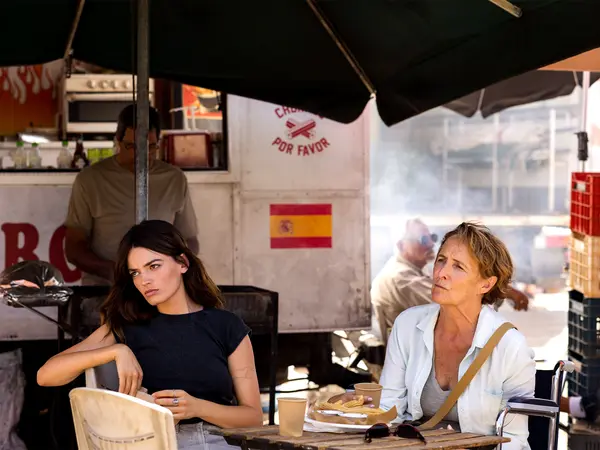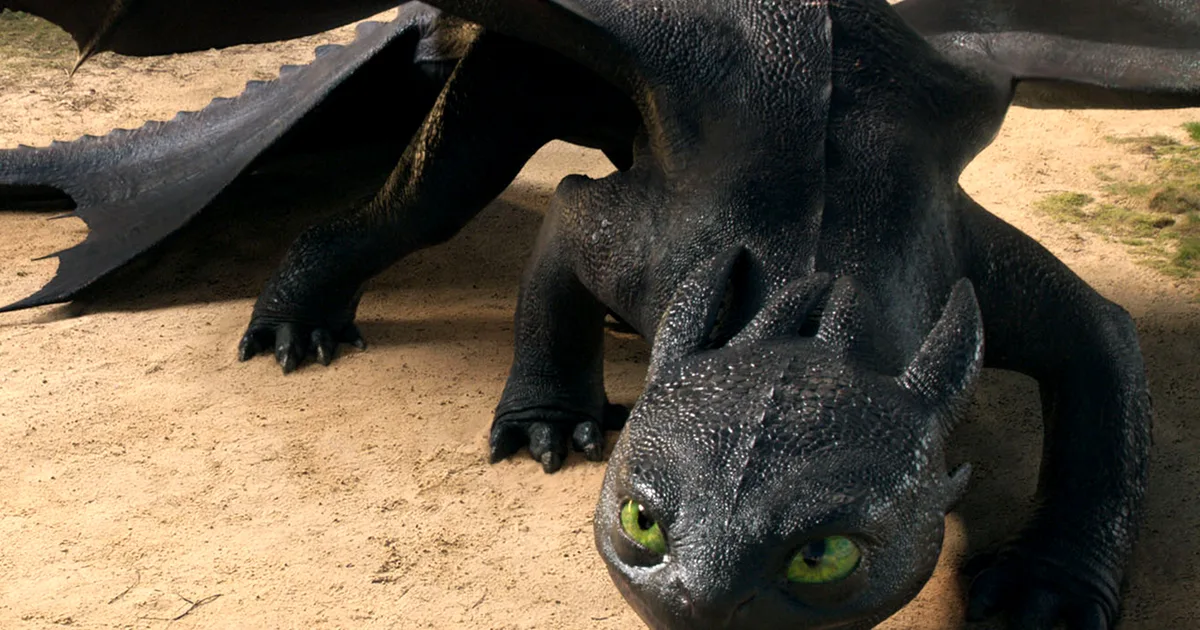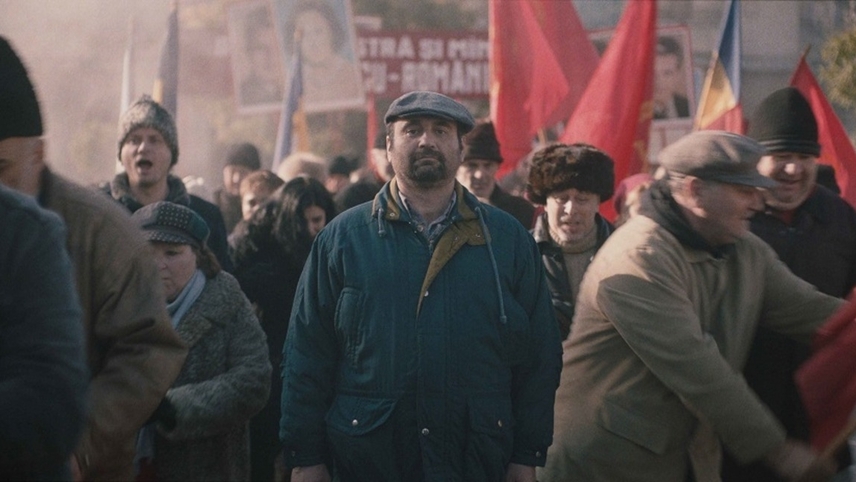In December 1989, whilst the Western World was gearing up for Christmas celebrations, things looked markedly different in Communist Romania. Ruled with an iron fist by Nicolae Ceaușescu, the country was on the brink of revolution. Overthrowing the much maligned leader resulted in violent bloodshed across a number of towns and cities, with protests in the city of Timișoara paving the way for Bucharest to stage its own revolt.
That is the backdrop for writer / director Bogdan Muresanu’s historical drama, The New Year That Never Came. It’s just four days before Christmas and Romania hovers on the precipice of change. Whilst the festive television broadcasts prepare to praise Ceaușescu, the citizens of the capital are disillusioned and scared. This feature length debut sees six different stories intersect as Romania decides its own fate.
This chapter in history is perhaps one that Western cinema, in particular, is not entirely familiar with, despite its bloody and dramatic consequences. Muresanu keeps the pace steady throughout, encouraging viewers to truly embed themselves in the lives they are seeing on screen. He provides a sense of what was really going on – the paranoia, spying, censorship and violence that was rooted in the regime right until the very end. Even the most ardent of Ceaușescu supporters are quick to burn their files and disavow the very rules they so heartily imposed. It’s fascinating and complex, as all pivotal moments in history are. By placing the story in the hands of ordinary people, Muresanu keeps things authentic and engaging.

Margareta (Emilia Dobrin) initially joined the party through choice and genuine belief. Now, as she packs up her belongings and heads for a tiny, state-appointed flat, she is jaded and disillusioned with the regime. Her son, Dinca (Iulian Postelnicu), runs a flagging student informer ring. Florina (Nicoleta Hâncu) is a theatre actress, drafted in at the last minute to perform the New Year’s message. But she cannot bring herself to “ass kiss”, in light of recent tragedies. Gelu (Adrian Vancica) is a manual worker who is potentially facing jail time, if his son’s letter to Santa is read by anyone in authority. Vlad (Vlad Ionut Popescu) and Laurentiu (Andrei Miercure) are students who are planning to defect by crossing the Danube in the dead of night.
The screen feels drained of colour as Muresanu uses a palette of smoky greys, arid browns and steel blues. Apartments are weighed down with dark, old-fashioned furniture and clashing patterns of mustard, cinnamon and chestnut. Televisions and radios flicker on and off to assert that the army are simply doing their job to protect good citizens; protestors are a terrible threat to civilised society. Students, in their uniforms of tracksuit tops and shaggy hair, are attempting to defect. Indeed, a leading television star has also done so – ruining the planned New Year’s message. Every scene, every conversation feels laden with a danger that no one dares articulate. Instead, it’s in what these characters don’t say where the truth lies.

Muresanu also revels a little in the absurdity of the situation. Florina asks her domestic abuser neighbour to beat her up, too, so she can avoid her television appearance. “Don’t you have a boyfriend to do that for you?” he replies. We then see her slapping her own face with a large rubber fly swatter instead. Gelu panics that he is headed for prison when his son states – in a piece of school work – that his father’s wish is for “Uncle Nick” to die. He insists his son re-write the piece, lest he find himself facing the firing squad. Laurentiu, having received the beating of his life from a man in military uniform, is made to sign a false confession even as the regime collapses. Margareta tries to kill herself but cannot because the government has switched the gas off in her apartment block. This is not to say we are encouraged to laugh at these characters, but rather the ridiculousness of the regime itself.
Ravel’s Bolero is used to bring the film to its conclusion, lacing the fates of all the characters together with the fate of the country. It is chaotic as Muresanu alternates between characters in their final moments of life under Ceaușescu. It is a frenzied and violent bid for peace and prosperity; for freedom. Archival footage of the packed streets and determined citizens – the scale of it really is incredible to behold – bring us neatly to the credits along with the prominent percussion of the music. It is a very powerful moment of cinema.
Whilst the pacing might prove too slow for some, Bogdan Muresanu’s drama, The New Year That Never Came is an interesting exploration of a dramatic chapter of history. It blends private stories with public consequences seamlessly and is made compelling by some very strong performances.
The New Year That Never Came is screening at the Glasgow Film Festival 2025. Get your tickets here.
https://www.youtube.com/watch?v=_xLEClUljJQ
Editor at Moviescramble. European cinema, grisly thrillers and show stopping musicals are my bag. Classic Hollywood Cinema is comfort food. Spare time is heavily dependent on a lot of pizza and power ballads.
Latest posts by Mary Munoz
(see all)
Related





